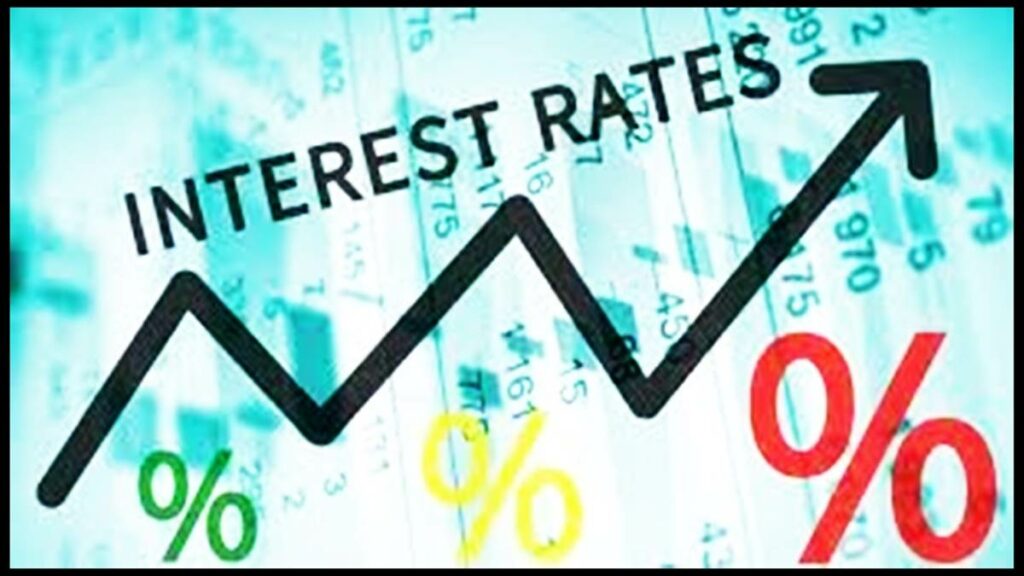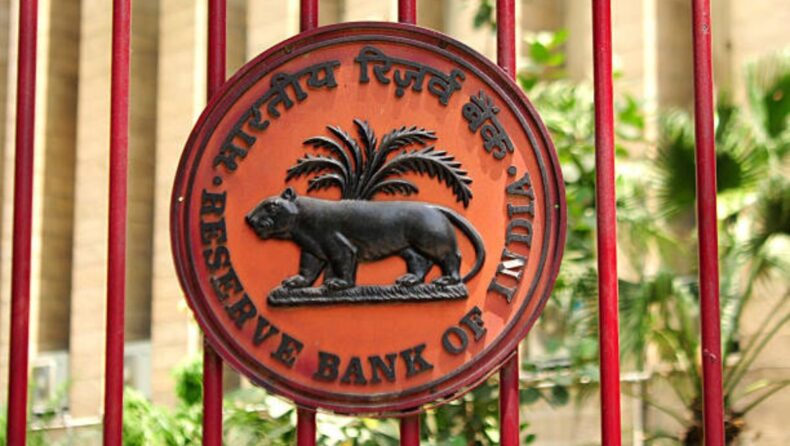RBI has set up new set of rules and regulations which might seem to cause some financial institutions, companies and banks to increase some home loan EMIs, which causing an impact, becomes a constraint for the borrowers from the eligibility of taking loans.
Table of Contents
Introduction to cause and effect
As RBI’s action of implementation of new rules on the basis of loans, has significantly reduced the eligibility of the borrowers. The action undertaken by the central bank has compelled the commercial banks and other financial companies and institutions to make an increase in the Equated Monthly Installments (EMIs), for selective home loans. This is majorly in response to the amendment by RBI, but also due to the rise in interest rates.
What does new rules and regulations include?
The commercial banks will be now required to provide the borrowers with the alternative of switching to the fixed rated loans during the phase of interest rate reset.
Under the consideration of new guidelines, the mentioning of the cost incurred in transitioning from floating rates to fixed rates in the future is supposed to be done while giving the sanction letters.
The lenders are needed to ensure that in situations of the rate hikes, the monthly installments will continue to cover the monthly payment of interests aligning with prevention of increase in outstanding loan balance from the previous month once the EMI payment is made.
RBI also increased the home price index in the month of march, 2024.

New norms of RBI in terms of interest rates
Following are the new interest rates as per the banks
ICICI bank
Flotating rate – 9 to 10.5 percent
Fixed rate – 11.2 to 11.5 percent
Axis Bank
Flotating rate – 9 to 13.3 percent
Fixed rate – 14 percent
IDBI Bank
Flotating rate – 8.5 to 12.3 percent
Fixed rate – 9.6 to 10.1 percent
LIC Housing Finance
Flotating rate – 8.5 to 10.8 percent
Fixed rate – 10 to 10.3 percent

Instructions given by the RBI
RBI circular on resetting the rates for personal loans which are EMI based suggested that lenders should not assess repayment capacity solely on the basis of prevailing interest rates but take in notice the factors to ensure the borrowers that they need to complete their payment obligations even when the interest rates are on a rise.
The new changes would enable lenders to evaluate payment capacity on the basis of rate which are higher than the prevailing ones.
A senior banker also mentioned that if compelled to provide fixed rates, the banks would decide a sufficient markup in order to mitigate the possible risks related to interest rates.
The Governor of RBI, Shaktikanta Das, gave the statement that the central bank will be reviewing and revising the new norms of EMI, addressing the concerns drawn over extending home loan tenure, due to interest rates’ hike.
He further added that banks should be evaluating tenures on the basis of capacities of borrower to make payments, aligning with consideration of age factors.
In addition to this, the banks of the west are preparing for elevating high interest rates for a prolonged period.

Conclusion
Those banks that do not offer fixed rates as of now, are likely to increase the rates to cover up the risk. The new rules are expected to be in effect from December 31, 2024.
RBI also gave the clarification that the instructions are applicable for equated installment based loans, as well as monthly installment loans.












